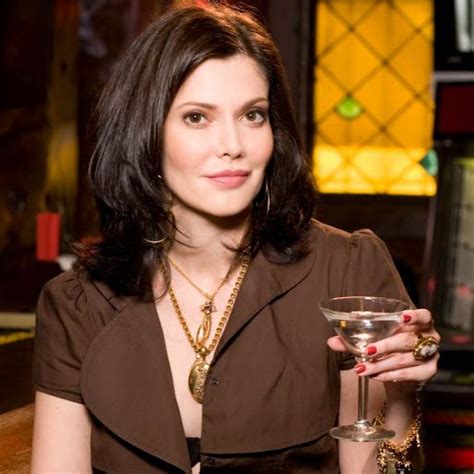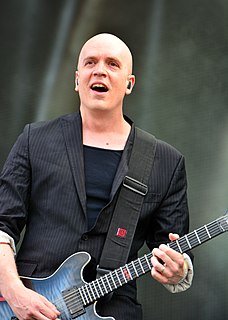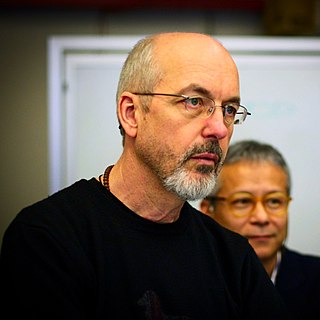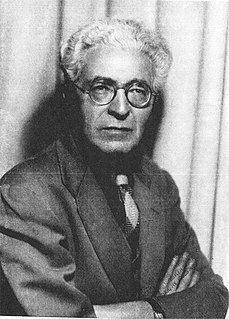A Quote by Trevor Paglen
I always start with the assumption that everything that happens in the world is actually in the world. It sounds like an obvious thing to say, but it's a very powerful methodological premise.
Related Quotes
The thing that amazes me about getting fired is that nobody ever has anything insightful to say about it. They always say the same thing. They always say, 'Everything happens for a reason.' As lame as that sounds, I guess it’s better to hear it out loud. Because when you hear it in your own head, it sounds like, 'Anything can happen with a razor.
I always believed that social science was a progressive profession because it was the powerful who had the most to hide about how the world actually worked and if you could show how the world actually worked it would always have a de-masking and a subversive effect on the powerful. I don't think that's quite true, but it seems to me it's not bad as a point of departure anyway.
In Strapping, I had experimented with a creative catharsis under the assumption that art doesn't need to be accountable for itself, but I found out in very practical ways that you are accountable for everything you say. Everything you write, everything you do becomes not only your identity but your world resonates with it.
When you start, it's very cold, an impossible task. But then maybe the characters start to take on a little bit of life, or the story takes a turn that you don't expect ... With me that happens a lot because I don't outline, I just have a vague notion. So it's always felt like less of a made thing and more of a found thing. That's exciting. That's a thrill.
R&D generally has been a bipartisan thing, because in the IT space, in the medical space, the U.S., the benefits to ourselves and the world and our economy have been very, very clear. I'm hopeful we can make a very strong case there. Energy is actually harder; it takes more time to get a product, but if you do it's a very, very big market and the constraints of doing that in a clean way are more obvious all the time.







































